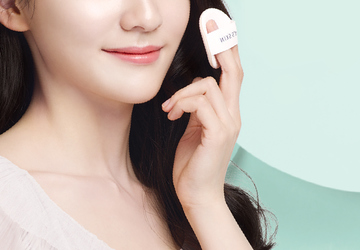The journey into motherhood is a transformative experience, yet it often comes with challenges, particularly regarding body image. After childbirth, many women grapple with changes in their bodies that can lead to feelings of insecurity and dissatisfaction. These struggles are common but not impossible. Understanding the nature of postpartum body changes, fostering self-compassion, building a support network, and adopting healthy habits can pave the way for a positive relationship with one's body after giving birth.
After giving birth, a woman's body undergoes significant changes, both physically and hormonally. These transformations are natural, yet they can be surprising and even overwhelming.
Pregnancy and childbirth bring various physical changes, including weight fluctuations, with some women retaining weight while others lose it quickly. Skin changes, such as stretch marks and loose abdominal skin, can affect body image. At the same time, breasts often enlarge during pregnancy and breastfeeding, potentially not returning to their original state after weaning. Additionally, abdominal muscles and the pelvic floor may weaken, causing discomfort and altering posture. These changes are not just physical reminders of having had a baby but are also integral to a woman's evolving identity and experience.
In addition to physical changes, hormonal shifts have a big impact on how women feel about their bodies after childbirth. Fluctuating hormones, like estrogen and progesterone, can influence mood, energy levels, and self-perception. It’s common for women to experience a mix of emotions, from joy and excitement to anxiety or sadness, which can affect how they see their post-baby bodies. These emotional ups and downs are a natural part of recovery. Understanding that these feelings and changes are temporary can help in building a healthier body image. It’s important to remember that with time, support, and self-care, these emotions will shift, making space for acceptance and self-compassion.
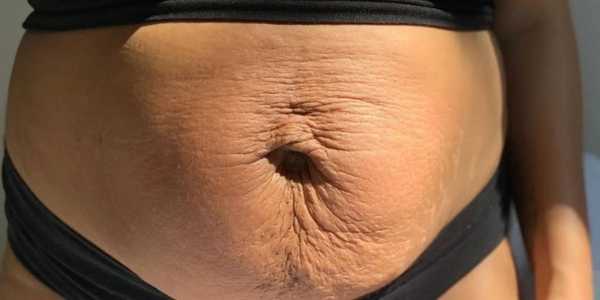
Self-compassion is a powerful tool in the journey toward body acceptance. It involves treating oneself with kindness and understanding rather than criticism. Here are ways to promote self-compassion:
It's essential to recognize and accept your feelings about your body. If you feel disappointed or frustrated, allow yourself to sit with those emotions without judgment. Writing in a journal can be a helpful way to process these feelings. Expressing thoughts about your body can lead to greater clarity and emotional release.
Instead of focusing solely on appearance, try to appreciate your body for what it has accomplished. Consider the strength it took to carry and nurture a child. Reflecting on the positive aspects of your body can foster a more balanced perspective.
Society often promotes an unrealistic standard of beauty, especially for new mothers. It's important to remember that everyone's journey is unique. Set realistic goals for your body and permit yourself to take time to adjust. Accept that it may take months, or even years, to feel comfortable in your new skin.
Incorporating positive affirmations into your daily routine can help reshape how you think about your body. Phrases like "My body is strong" or "I am worthy of love regardless of my appearance" can reinforce a positive mindset. Repeat these affirmations during moments of self-doubt, especially when looking in the mirror.
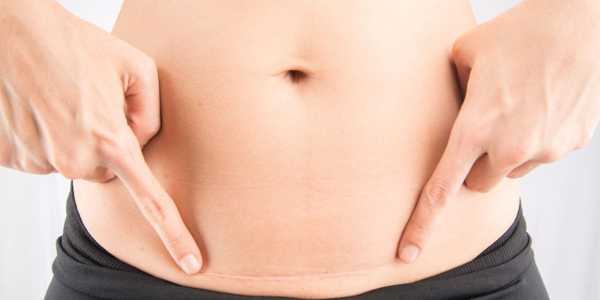
Having a strong support system can significantly impact how new mothers view their bodies. Surrounding yourself with understanding friends, family, and community can alleviate feelings of isolation and promote a healthier self-image.
Connecting with other mothers who share similar experiences can be incredibly beneficial. Whether through in-person groups, online forums, or social media, finding a community can provide reassurance that you are not alone in your struggles. Sharing stories and tips can foster camaraderie and encouragement.
Sometimes, the struggles with body image can become overwhelming. It is essential to recognize when additional support is needed. Speaking with a mental health professional, such as a therapist or counselor, can provide a safe space to explore these feelings. They can offer coping strategies and tools to combat negative body image.
Having open discussions about body image with friends and loved ones can help normalize the conversation around postpartum struggles. By sharing your feelings, you not only lighten your emotional load but may also encourage others to speak up about their experiences. This can create a supportive environment where everyone feels validated and understood.
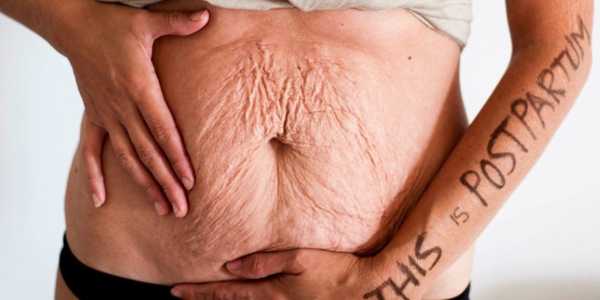
Focusing on overall well-being can contribute to a more positive body image. This encompasses both physical and emotional health.
Eating a balanced diet is crucial for both physical recovery and mental well-being. Incorporating a variety of fruits, vegetables, whole grains, and lean proteins can help improve energy levels and overall mood. It’s important to view food as nourishment rather than a means of achieving a specific look.
Finding a form of exercise that you enjoy can be beneficial for both body and mind. Activities like walking, yoga, or swimming can enhance mood and body image. It’s important to approach exercise gently, especially postpartum, and to listen to your body’s needs.
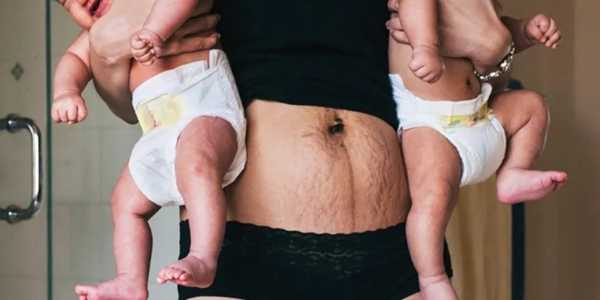
Practicing mindfulness can help reduce anxiety and improve overall mental health. Techniques such as meditation, deep breathing exercises, or gentle yoga can promote relaxation and self-awareness. Taking time for yourself, even in small increments, can greatly benefit your emotional well-being.
Postpartum fatigue can significantly affect mental health. Although it can be challenging with a newborn, finding ways to prioritize rest can enhance mood and overall body image. Consider asking for help from family or friends to allow for moments of rest whenever possible.
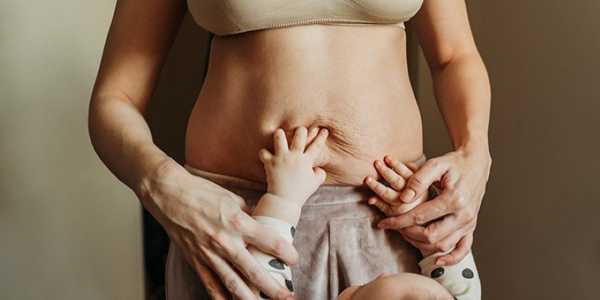
Postpartum body image struggles are a common experience for many women. Acknowledging the physical changes, promoting self-compassion, leaning on social support, and adopting healthy habits can foster a positive outlook. Remember, the journey to body acceptance is unique for everyone, and it’s okay to seek help along the way. Embracing this phase of life with kindness and understanding can lead to a more fulfilling experience of motherhood and self-love.

